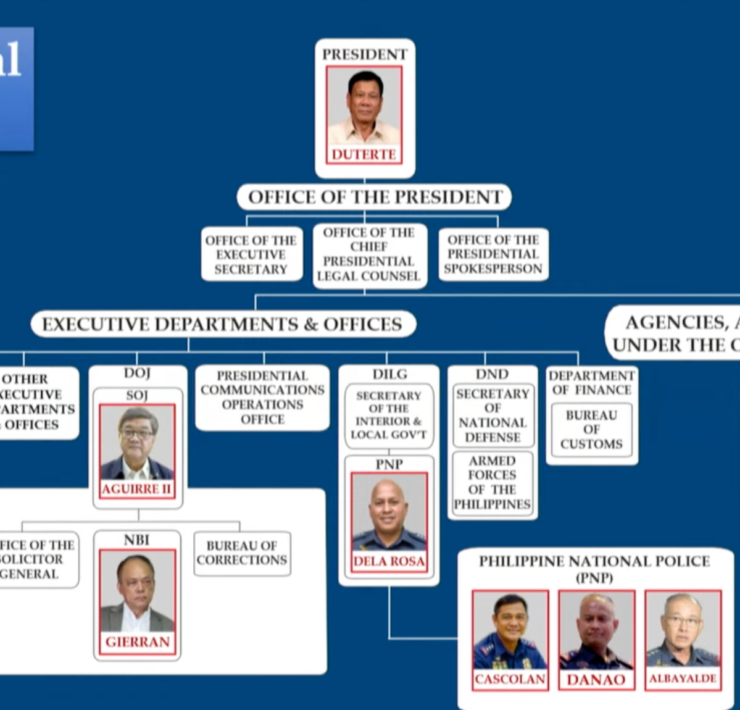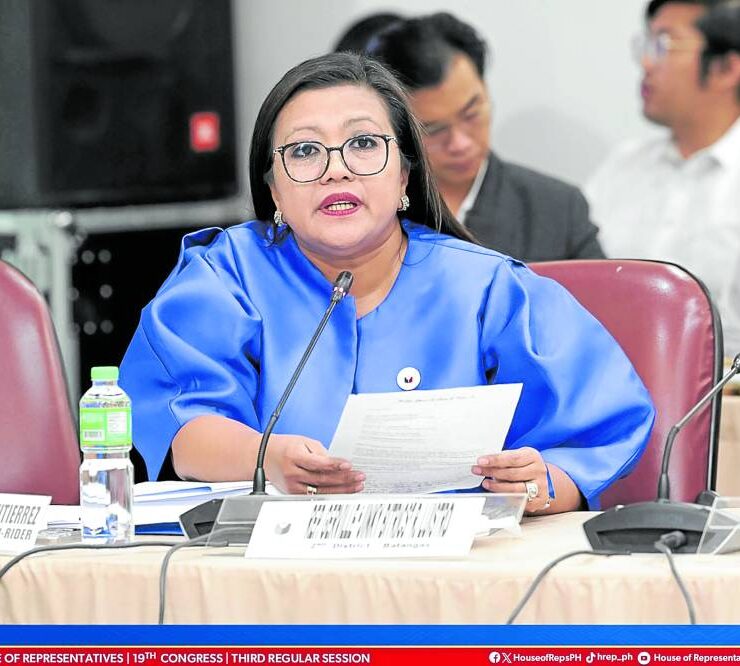Rules on sale of ‘small’ state assets out soon

The Department of Finance (DOF) will soon release privatization guidelines that will allow retail buyers like overseas Filipino workers (OFWs) to conveniently shop for idle government assets that are “too small.”
Speaking to reporters, Finance Undersecretary for privatization and partnerships Catherine Fong said the guidelines would also include a list of 28,000 titles in the database of the Privatization Management Office (PMO) that are as small as 200 square meters. The PMO is an agency under the DOF.
By publishing the list and the guidelines, Fong said the government was inviting retail buyers to participate in the bidding for these properties, in hopes of raising more revenues while cutting maintenance costs for low-value state properties.
Informal settlers occupying idle state lands may also submit their offers, she added.
“These properties are too small for the government to market. And the government has no marketing arm,” Fong explained.
“The idea is to just post the database online and anybody can bid. Just write a letter with the offer,” she added.
Data from the finance department showed the government generated P4.44 billion from the PMO’s disposition efforts in 2024, with proceeds coming from litigated assets, income from leases and dividends.
NLEx shares
One of the notable sales last year was the government’s shares in NLEx Corp., which amounted to approximately P2.9 billion.
The state also received an upfront payment of P30 billion for the concession agreement with the consortium led by San Miguel Corp. for the rehabilitation of Ninoy Aquino International Airport.
For this year, the Marcos administration is eyeing to raise P101 billion from privatization efforts.
Those proceeds are part of the government’s broader target to rake in P4.64 trillion in 2025, with Finance Secretary Ralph Recto hoping to boost nontax collections to help cut the budget deficit without resorting to new consumption-based taxes.
“We’re hoping to raise significant revenues because the government is spending on maintaining some assets that have low value,” Fong said.





















